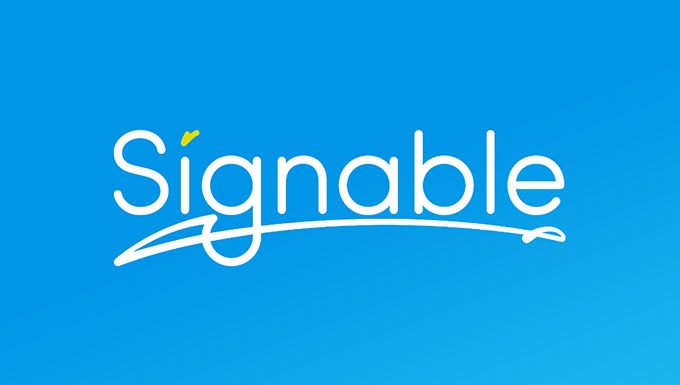6 Emerging Technologies that will Disrupt the Finance Sector in 2021

Published:
The financial sector has undergone plenty of disruption as a result of the pandemic. This, combined with a change in customer behaviour and technological advances surrounding fintech software mean that the future of banking will be anything but a continuation of what we’re used to.
Here are the six most important emerging technologies, which are set to change the financial services sector in 2021 and provide opportunities for financial institutions, fintech software providers and working professionals in the near future.
Banking on the Cloud
Cloud computing has swiftly become the mainstream for banking, with the majority of banks seeking a mix of traditional IT, public and private cloud software. It’s expected that more and more banks will move to hybrid cloud strategies for more flexibility and security. Research shows that by 2022, a cloud shift across key enterprise IT markets will increase to 28%, up from 19% in 2018.
Hybrid cloud software can reduce costs and improve efficiency for institutions, while also giving new and improved innovation for new revenue streams and product portfolios.
Cloud computing makes it possible to deliver 24/7 customer service from anywhere, as well as enhancing the agility of institutions to help them scale up seamlessly. It can also be beneficial for online payments, digital wallets and transfers for individuals and businesses alike.
The Rise of the Powerful Consumer App
Apps are becoming more powerful than ever, putting the financial decisions and opportunities in the hands of consumers. The ‘new normal’ operating model will be customer-focused, changing how companies interact with their customers and putting more of an emphasis on a seamless omnichannel experience.
Apps like Credible make checking your credit score easier than ever so that consumers can assess their affordability for themselves before applying for credit or making financial decisions.
Instant Customer Service Gratification
Something that the pandemic taught us is that online alternatives can be extremely beneficial in helping businesses continue to operate and customers continue to use services when circumstances change.
Chatbots are enabled by artificial intelligence and deliver a quick and easy way for customers to communicate with banks without needing to head in-store and speak to an employee.
Banks around the world are utilising the power of chatbots; HSBC (Hong Kong), American Express, Capital One, JPMorgan Chase, and many more. Juniper predicts that by 2022, 90% of interactions in banks will be automated using chatbots.
Chatbot solutions enable banks to operate around the clock and deliver a near-instant conversational experience to help customers get answers to their questions and guidance when they need it.
Blockchain Technology Revolution
Experts believe that blockchain may have a transformational impact on the financial sector, with many banks expected to adopt blockchain technology as a way of cutting down on costs and improving their efficiency.
Some banks have already started experimenting with blockchain with regards to payments, fraud detection and loan processing, but 2021 looks set to adopt this technology far more.
Minimising Cyber Risk
Cyber risk has become an increasingly prevalent problem as fintech software advances, so standard risk management is no longer sufficient. Banks need to find new ways to stay one step ahead in order to protect data and minimise cyber threats, which means taking a more flexible approach to cybersecurity.
There will be a shift to more advanced analytics, real-time monitoring and other tools that can detect threats for customers before they occur.
Investment in Artificial Intelligence
AI has been a topic of conversation in various industries for a while now, but there will be a greater interest in AI where banking and finances are concerned, as it offers countless opportunities to meet business needs.
The availability of machine learning algorithms and the rising pressures from customer expectations have resulted in the increased use of artificial intelligence for fintech software services. AI offers widespread benefits for the financial sector, from risk management, marketing and customer experience to compliance and operation strategies.
Final Thoughts on FinTech Software
For many financial institutions and fintech software providers, adopting these technologies is no longer a choice but a necessity in order to keep up with consumer demand and maintain security for the future.
The pandemic has forced many of us to think differently about the solutions we rely on, not just in business but in everyday life – these emerging technologies enable us to carry out financial tasks more conveniently and efficiently.
Let us know how you see FinTech disrupting the Financial Services Sector in 2021! Talk to us on Twitter, Facebook or LinkedIn!
Author Bio:
Daniel Groves achieved a 1st class honours degree in Business Economics. Since graduating, Daniel has collaborated with a number of online publications with the aim to further develop his knowledge and share his experience with like-minded entrepreneurs, business owners and growth strategists. Connect with Daniel on Twitter: @DanielGroves90